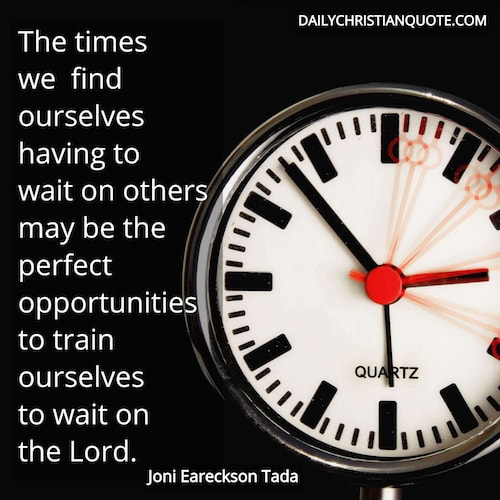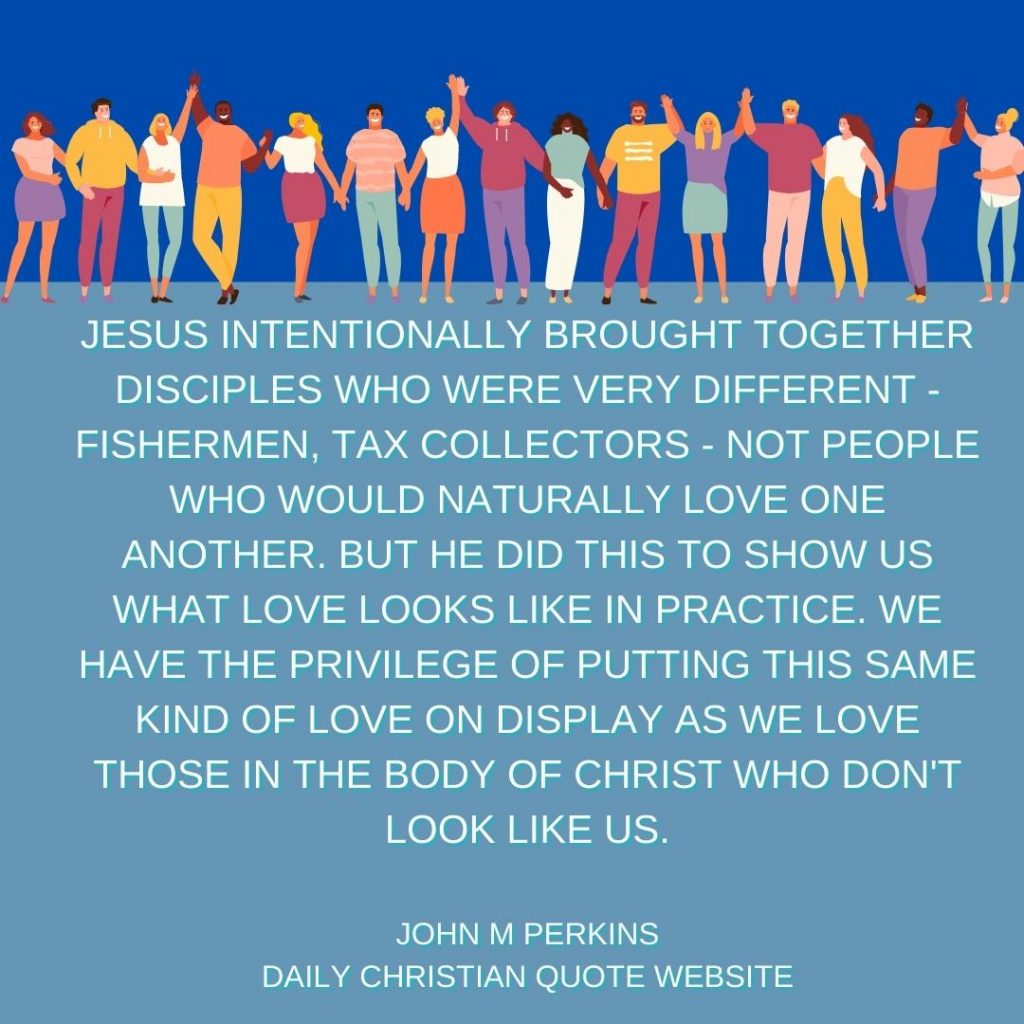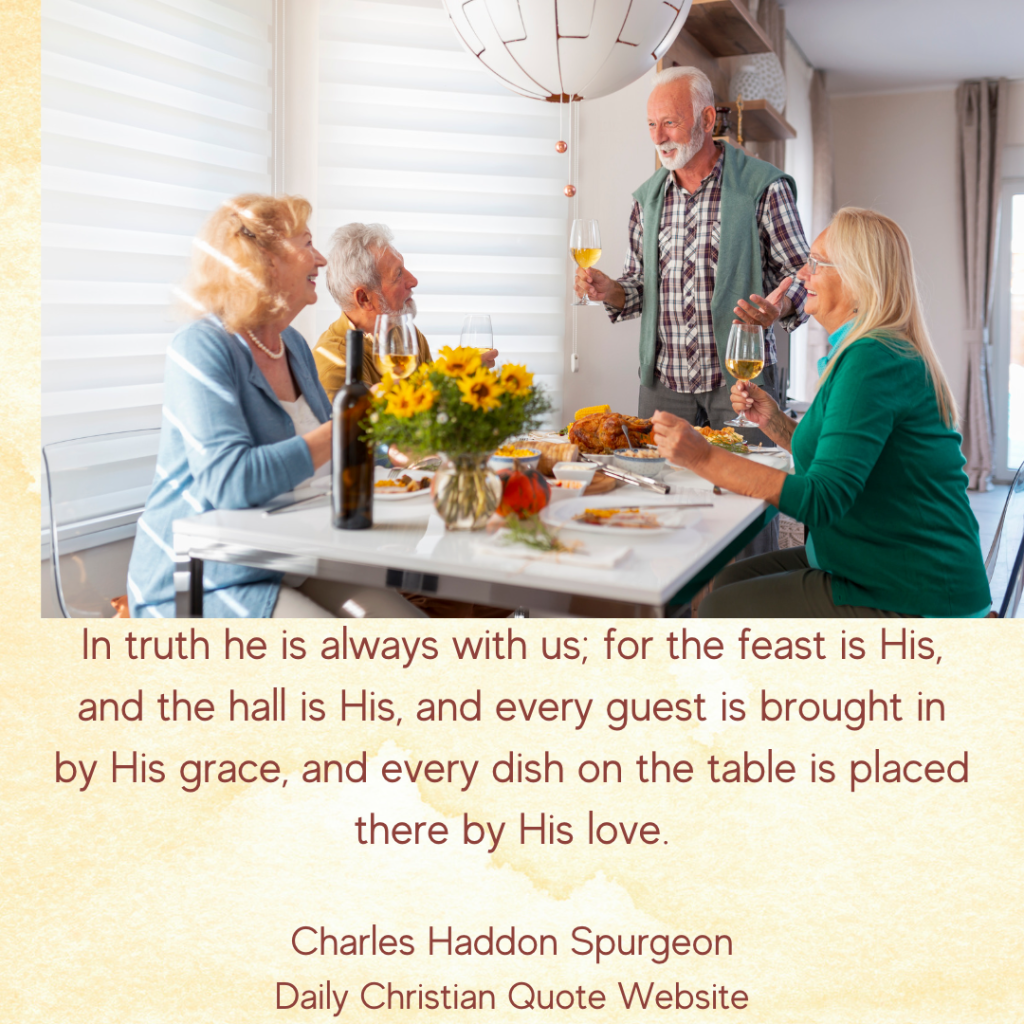Sin demands to have a man by himself. It withdraws him from the community. The more isolated a person is, the more destructive will be the power of sin over him, and the more deeply he becomes involved in it, the more disastrous is his isolation. Sin wants to remain unknown. It shuns the light. In the darkness of the unexpressed it poisons the whole being of a person. This can happen even in the midst of a pious community. In confession the light of the gospel breaks into the darkness and seclusion of the heart. The sin must be brought into the light. The unexpressed must be openly spoken and acknowledged. All that is secret and hidden is made manifest. It is a struggle until the sin is openly admitted, but God breaks gates of brass and bars of iron (Ps. 107:16). Since the confession of sin is made in the presence of a Christian brother, the last stronghold of self-justification is abandoned. The sinner surrenders; he gives up all his evil. He gives his heart to God, and he finds the forgiveness of all his sin in the fellowship of Jesus Christ and his brother. The expressed, acknowledged sin has lost all its power. It has been revealed and judged as sin. It can no longer tear the fellowship asunder. Now the fellowship bears the sin of the brother. He is no longer alone with his evil for he has cast off his sin in confession and handed it over to God. It has been taken away from him. Now he stands in the fellowship of sinners who live by the grace of God and the cross of Jesus Christ. The sin concealed separated him from the fellowship, made all his apparent fellowship a sham; the sin confessed has helped him define true fellowship with the brethren in Jesus Christ.
Fellowship
Wayne A. Grudem
Even though the Father, Son and Holy Spirit have perfect and eternal unity, yet they remain distinct persons. In the same way, even though someday we shall attain perfect unity with other believers and with Christ, yet we shall forever remain distinct persons as well, with our own individual gifts, abilities, interests, responsibilities, circles of personal relationships, preferences and desires.
Charles Haddon Spurgeon
Thomas Merton
It is… of supreme importance that we consent to live not for ourselves but for others. When we do this we will be able first of all to face and accept our own limitations. As long as we secretly adore ourselves, our own deficiencies will remain to torture us with an apparent defilement. But if we live for others, we will gradually discover that no one expects us to be ‘as gods’. We will see that we are human, like everyone else, that we all have weaknesses and deficiencies, and that these limitations of ours play a most important part in all our lives. It is because of them that we need others and others need us. We are not all weak in the same spots, and so we supplement and complete one another, each one making up in himself for the lack in another.
Joni Eareckson Tada

The times we find ourselves having to wait on others may be the perfect opportunities to train ourselves to wait on the Lord.
Jack Hayford
So often people isolate themselves when they are lonely, hurt or afraid. Yet the Lord says that He wants to put them into families—families of friends, families within the Body of Christ, families of their own. The isolation to which many have retreated is due to broken relationships that need to be bound together. Other times, there are relationships that do not yet exist that need to be bound together; however, assisting or inviting people into small group fellowships or prayer groups sets an atmosphere where the healing of prayerful partnership and friendship will eventuate in faith that binds together.
Woodrow Kroll
Joyce Meyer
It is time for us to make up our minds. We have a way to get connected like never before and so many are not using it for the best things. I want to use the internet and Facebook to connect with other Christians so I can encourage and be encouraged in everyday life. I need prayer but I need the encouragement of the rest of the Body of Christ. My body couldn’t function correctly if I didn’t have a mouth to eat or a stomach to make the able to be taken to the rest of the body. Let’s start connecting for strength and training instead of complaining and gossiping.
John M Perkins
 Jesus intentionally brought together disciples who were very different – fishermen, tax collectors – not people who would naturally love one another. But he did this to show us what love looks like in practice. We have the privilege of putting this same kind of love on display as we love those in the body of Christ who don’t look like us.
Jesus intentionally brought together disciples who were very different – fishermen, tax collectors – not people who would naturally love one another. But he did this to show us what love looks like in practice. We have the privilege of putting this same kind of love on display as we love those in the body of Christ who don’t look like us.


